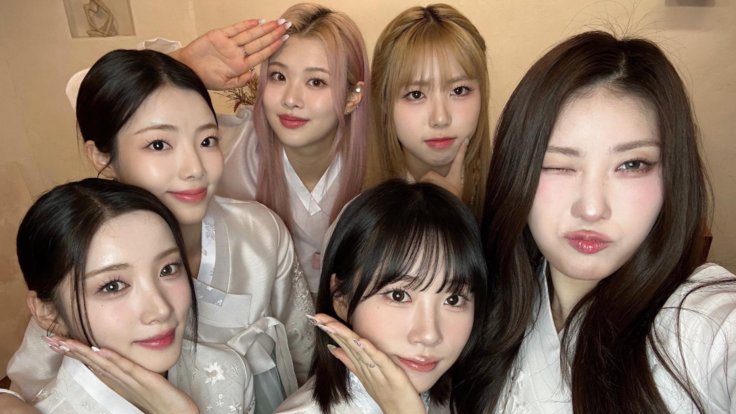Purple Kiss Members Disband: Personal Career Move Or Is The Kpop Industry Becoming Toxic?
Understanding Purple Kiss's Disbandment: What It Reveals About The Challenges Facing K-Pop's Future

The sudden disbandment of K-Pop girl group Purple Kiss has stunned fans and industry watchers. While the group's agency attributes the decision to members pursuing personal careers, industry insiders suggest a more complex picture. As the group prepares to release their final projects, many online wonder if the intense competition and industry pressures are making it harder for even promising acts to survive.
Purple Kiss announced their disbandment on 4 August 2025, with plans to conclude group activities until November. The agency, RBW, explained that the members chose to part ways to chase individual dreams. Despite this, the group remains active in the coming months, releasing an English album at the end of August and engaging in promotions in Japan and the United States.
The agency's statement highlighted mutual respect and support, thanking fans for their loyalty. The six members—Na Go-eun, Dosie, Ireh, Yuki, Chaein, and Swan—are now expected to focus on solo careers. Since debuting in 2021, Purple Kiss gained recognition for their dark-pop style and hits like 'Zombie' and 'Sweet Juice,' but their journey was marked by challenges often faced by mid-tier groups.
A Brief but Bright Career
Purple Kiss was formed by RBW in 2020, initially as a seven-member team. Their debut EP, Into Violet, came in March 2021, followed by a second EP, Hide & Seek, in September. The group's involvement in songwriting and production set them apart, and their dark aesthetic attracted a dedicated fanbase.
Over the next years, they released multiple albums, including MemeM and Geekyland, with each showing growth. Member Park Ji-eun left in November 2022 due to health issues, reducing the group to six. Despite their success, sustaining long-term visibility proved difficult in an industry flooded with new groups.
Industry Challenges and Market Saturation
Purple Kiss's disbandment has seen netizens share wider concerns about the K-pop ecosystem's saturation. Every year, dozens of new girl groups debut, many with significant backing from major labels. While some achieve instant fame, many struggle to maintain momentum. Viral hits do not guarantee sustained popularity, especially when the industry's focus shifts quickly.
Fans have voiced frustration over what they see as a lack of support and promotional effort. Floris, the group's fandom, pointed out that the industry often fails to capitalise on groups' early success. Many express fatigue, feeling that the constant churn leaves little room for groups to develop lasting careers.
Is Toxicity a Factor?
Many fans believe that the competitive nature of K-pop can be brutal. Groups often face immense pressure to perform at high standards, with little room for missteps. The industry's focus on rapid reinvention and constant new debuts can lead to burnout among artists and their agencies. In Purple Kiss's case, internal health issues and the push for global expansion suggest that the environment may be more taxing than it appears.
Again, while RBW cited personal aspirations as the main reason behind the disbandment, industry analysts point instead to systemic issues. Limited support for mid-tier groups, combined with the relentless pace of releases and promotions, creates a precarious environment. The case of Purple Kiss might be a sign that the industry is evolving into a space where longevity is increasingly rare.
What Comes Next for Fans and Members?
Despite the disbandment, fans are set to enjoy a final wave of activities. The upcoming English album, Japanese promotions, and North American tour will serve as a farewell. The agency encourages supporters to focus on the members' future pursuits, emphasising that their individual paths remain bright.
For the members, this transition marks a new chapter. Many are expected to continue in music as solo artists, while some may explore other creative avenues.
© Copyright IBTimes 2025. All rights reserved.





















